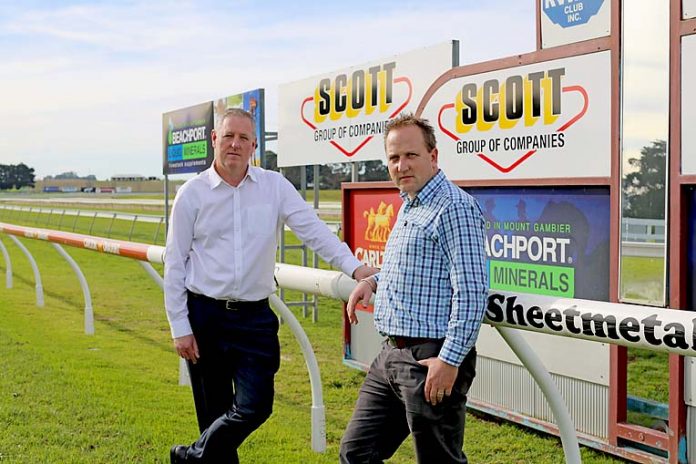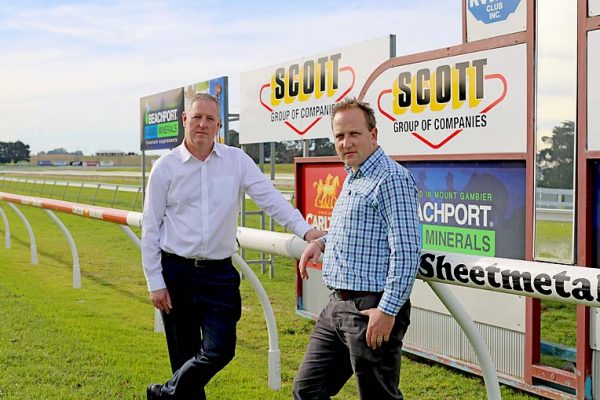

THE State Government’s refusal to reinvest the proceeds of a gambling tax in the industry is “creating a crisis” as trainers are leaving South Australia, Shadow Racing Minister Katrine Hildyard says.
Her comments follow leading trainer Tony McEvoy slamming the State Government for hanging the industry out to dry, adding “they should lose their jobs over it”.
But Treasurer Rob Lucas said the government has heard the views of the racing industry and is giving them serious consideration ahead of the June 18 budget.
The industry, which nets around $364m each year, has seen stalled growth, a decrease in prizemoney and jobs under threat following the introduction of the Point of Consumption (PoC) tax.
Introduced by the State Labor Government in 2017, the 15pc tax generates revenue from online betting and is payable where the bet was placed.
Bets in South Australia generate revenue for the State Government, which retains about $16m a year from the tax.
However, unlike other states South Australia does not reinvest the funds raised by the tax into the racing industry.
“Around 3600 people are employed in racing here in South Australia, the industry generates around $400m annually and clubs in every corner of our state bring people together and boost local economies,” Ms Hildyard said.
“The South Australian racing industry, the thousands that work within it and regional community clubs deserve better than this.”
Mount Gambier Racing Club general manager Brett Watson said the impact of South Australia’s high PoC tax rate and no reinvestment, the situation was quickly becoming unsustainable.
“Things like prizemoney is really important because it feeds back into the industry and pays the wages,” he said.
“Because prizemoney is being hit, so are wages.
“We employ up to 10 staff and on race days we obviously need more.
“At the Gold Cup, there are 30 odd staff or more who are making money and spending more money in the local economy.”
Last year, Thoroughbred Racing SA announced a $2.25m cut in infrastructure for its 25 clubs due to the impact of the consumption tax.
Although the Mount Gambier track has already received infrastructure funding, Mr Watson said scheduled upgrades for Penola and Naracoorte tracks were on hold due to the funding uncertainty.
“Both of those tracks were supposed to have new irrigation systems installed, which would have created jobs and helped out those clubs because there are a lot of volunteers,” he
said.
“Instead of having someone go out to the track every day to water and move stuff around, the new electronic system can be done on a computer.”
He urged the State Government to reinvest the POC income back into the industry.
“You only have to look at the Gold Cup to see how much money racing brings into the local community,” Mr Watson said.
“You have hotels that benefit from it, accommodation, fuel, hairdressers and make up artists.
“It can be anywhere from $500 to $1000 just to go to the races.
“If we can get some more money in prizemoney, that will also give us better horses that will travel to us and the state in general.
“That will see pro punters that actually will bet on them and that is more money that comes into the industry and the state.”
In a statement, Mr Lucas said the government will announce its response either in the budget or in the lead up to budget day.







